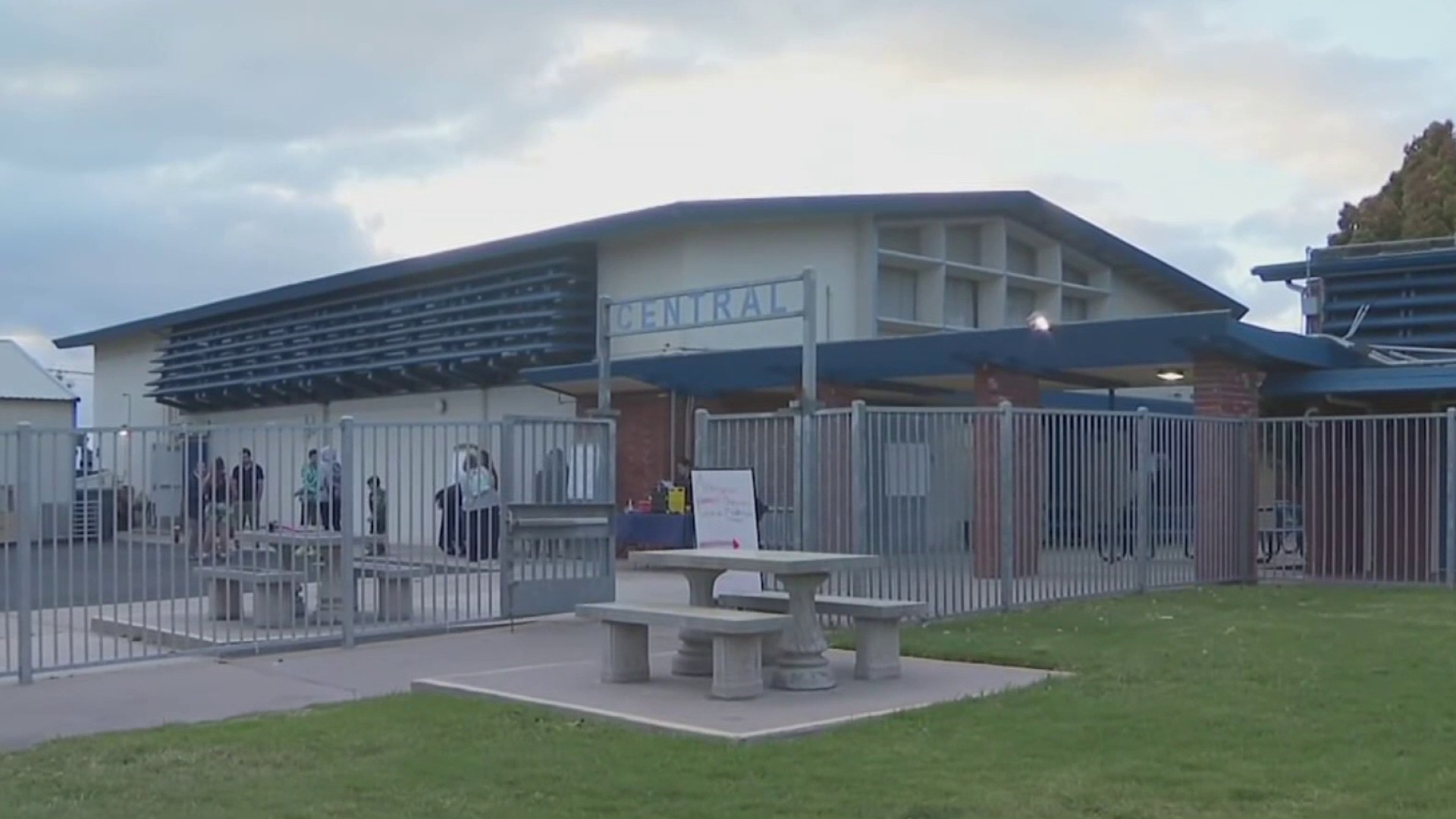Amen Dunes is coming off of one of the better releases of the year so far -- and not just because Pitchfork gave it an 8.6.
"Freedom" is Damon McMahon's fifth studio album and his darkest -- but grooviest -- to date, featuring guitar contributions from Delicate Steve and electronic production from Panoram.
According to Amen Dunes' own Bandcamp bio, "The characters that populate the musical world of 'Freedom' are a colourful mix of reality and fantasy: father and mother, Amen Dunes, teenage glue addicts and Parisian drug dealers, ghosts above the plains, fallen surf heroes, vampires, thugs from Naples and thugs from Houston, the emperor of Rome, Jews, Jesus, Tashtego, Perseus, even McMahon himself. Each character portrait is a representation of McMahon, of masculinity, and of his past."
I was lucky enough to speak with McMahon over email late last week. I've included our conversation below (my questions are in bold).
Why the preoccupation with masculinity on "Freedom"?
McMahon: Because in the process of my own self-inquiry, that's one of the sticking points that come up, and since this album is a manifestation of my own inner process, that's what revealed itself.
Local
What did you learn most about the concept of masculinity and your own masculinity by writing this album?
McMahon: That I am not it, and it's not meaningful in any true way.
You seem to consistently enlist a magical group of collaborators for your albums. Is it a spontaneous process, or do you meticulously plan it out and know what kind of people you want to work with to produce a certain kind of sound?
McMahon: That's a good question -- I've been very lucky to have magical people work with me. All of it is very carefully mapped out, at least as far as broad strokes are concerned, and so I try and find the best people possible for each position. My policy for making records is be highly restrictive with who you let in, but when they come in to try and give them freedom to be themselves. At that point, I just become conductor/director/producer.
How collaborative does that process tend to be?
McMahon: I let them do their thing and then steer it, refine it, etc. Some instruments or positions I would write parts for, others would be just a corralled moment of that person's genius.
Would you call "Freedom" a fracturing of self, a realization of self or both, and how does that play into the album title?
McMahon: Good question too -- it's a realization of my true nature by way of dismantling self through exploration. The freedom is not being hung up on all the things I think I am, and redirecting myself to what I actually am.
Amen Dunes plays with Fleet Foxes at Humphreys on Sunday, April 15.

Rutger Ansley Rosenborg has been an Associate Editor at NBC SoundDiego since 2016. He is an avid creator, communicator and purveyor of bad jokes. Find out more here, or contact him here.



